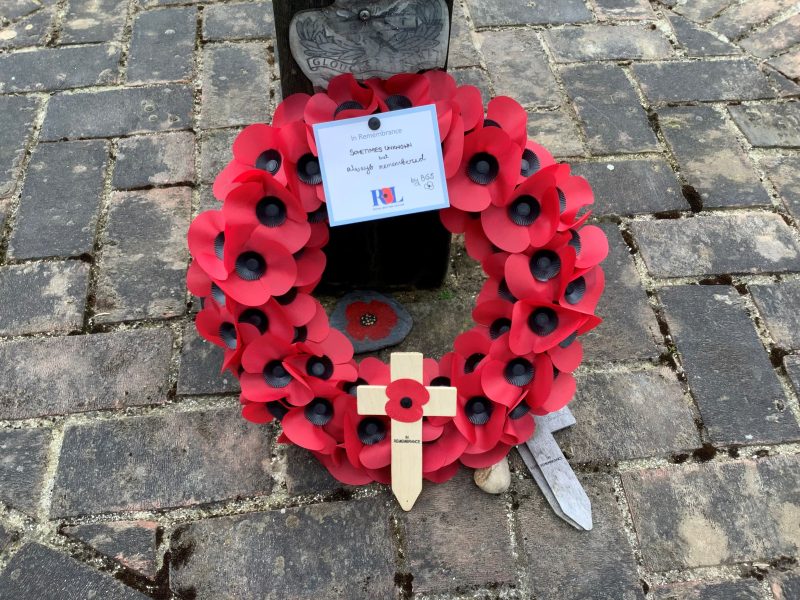Trips to the First World War Western Front Battlefields provide pupils with the out-of-classroom learning experience par excellence. This year's, with the Year 10 History students, more than lived up to such billing.
Captivated by the brilliant storytelling of BGS' perennial expert guide, Neil Matthews, all of our cohort of 43 listened intently and questioned intelligently at the many iconic sites we visited. These included: the Menin Gate and other sites in and around Ypres; the Somme with its stunning yet haunting Thiepval memorial arch to the missing, the Ulster Tower and the preserved trench systems at Newfoundland Park; and the famous British and German cemeteries at Tyne Cot and Langemark, as well as the memorial to the Indian missing at Neuve Chapelle.
A theme running through the trip was the internationalising of commemoration, challenging the jingoism that has increasingly recently attached itself to the memories of the world wars. One particularly interesting medium for this was the Remembrance Ring Peace Memorial at the French cemetery at Notre Dame sur Lorette. This huge bronze-panelled circular structure (with a 345-metre perimeter) contains the names of all 579,606 soldiers killed in the Département Pas-de-Calais of France (from 40 countries) in World War One engraved side-by-side alphabetically regardless of nationality or allegiance in the war.
The human stories behind the horrifying statistics relating to the war were brought home in, among other ways, visits to the grave of old Bristolian Stanley Booker (at St Vaast Post Military Cemetery in Richebourg) and the Gloucestershire Cross (commemorating those lost from the regiments in which most Bristolian soldiers would have served). Here a group of our students laid a wreath on which they had written a tribute before prefacing a minute's silence with thoughtful and heartfelt words of their own.

Such lessons in the human cost of when nationalist rhetoric is combined with industrial military capability are so particularly valuable when, a hundred and ten years on from what was hoped would be 'the war to end all wars', a volatile international situation has again inflamed the debate about whether the UK and other liberal democracies should be increasing the size of, and spending on, their armed forces. Food for thought indeed, and something which was considered with admirable maturity and nuance by all who attended the trip.
